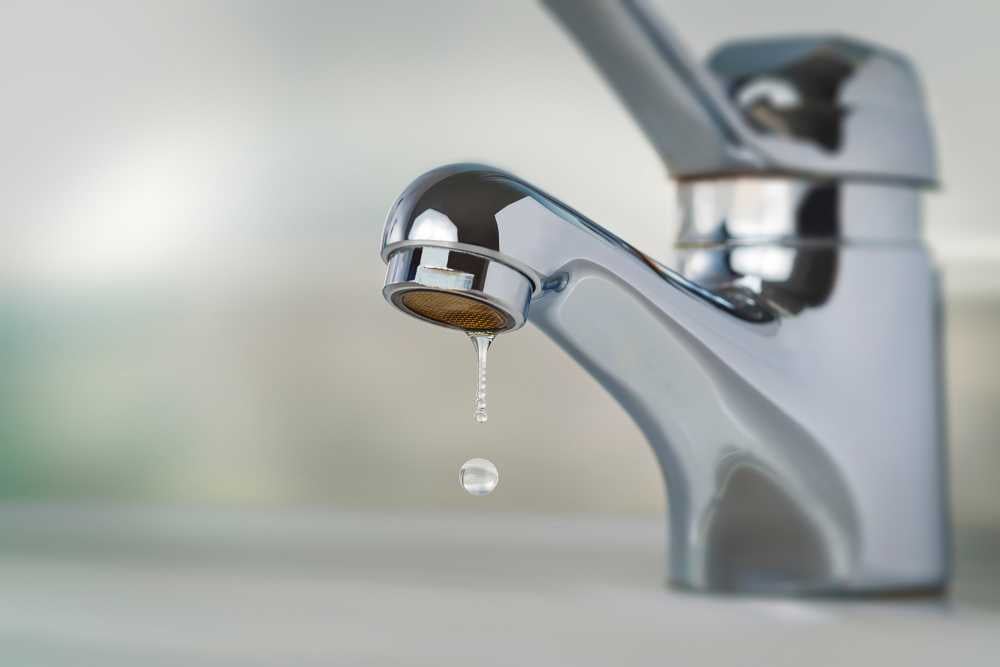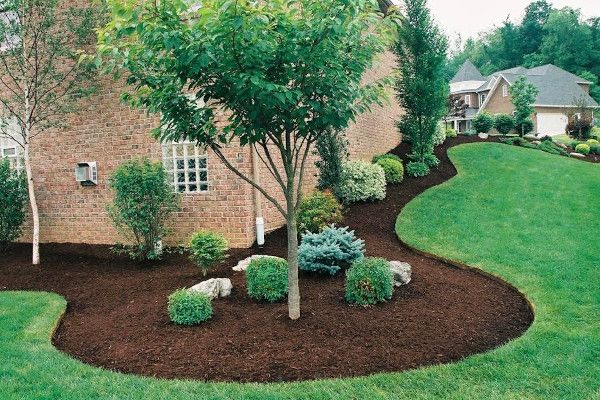Reduce Water Waste and Lower Utility Bills
Water conservation has become essential for homeowners who want to reduce environmental impact and save money on utility bills. Implementing even small changes can lead to significant savings. Here’s a comprehensive guide on how homeowners can make simple yet effective adjustments to reduce water consumption, both indoors and outdoors.
1. Fix Leaks Promptly

Leaks are among the most common culprits of water waste. If left unchecked, a leaking faucet or a running toilet can waste hundreds of gallons of water monthly.
- Inspect Regularly: Make a habit of checking faucets, toilets, and hoses for leaks.
- Repair Quickly: Fix leaks as soon as they’re detected, as even small drips can lead to large water bills.
- Consider Professional Help: For hard-to-detect leaks, consider hiring a plumber to inspect your home.
2. Install Water-Efficient Fixtures
Updating fixtures with water-efficient models like faucets, showerheads, and toilets can drastically reduce water use.
- Low-flow showerheads can reduce water flow by up to 50% without compromising water pressure, saving both water and energy used to heat the water.
- Water-Saving Toilets: Dual-flush or low-flow toilets use significantly less water per flush.
- Aerators on Faucets: Adding an aerator to your faucets can reduce water flow without sacrificing performance, reducing water usage by up to 30%.
3. Change Your Shower Habits
Showers are a primary source of household water use. Altering shower habits can result in substantial water savings.
- Take Shorter Showers: Aim to reduce shower time by a few minutes, especially if multiple family members take daily showers.
- Turn Off Water When Lathering: Stop the water while applying shampoo or soap, then turn it back on to rinse.
- Use a Bucket for Initial Cold Water: Place a bucket in the shower to catch cold water while waiting to warm up. This water can then be used for cleaning plants.
4. Run Full Loads in Dishwashers and Washing Machines
Both dishwashers and washing machines are water-intensive appliances. Using them efficiently can save hundreds of gallons of water monthly.
- Run Only Full Loads: Wait until you have a full load of dishes or laundry before running a cycle.
- Use the Eco Mode: Many modern appliances have a water-saving “Eco” mode with less water.
- Avoid Pre-Rinsing Dishes: Most dishwashers don’t require pre-rinsing, saving water and time.
5. Optimize Outdoor Water Use
Outdoor watering accounts for a significant portion of residential water use. By making smarter landscaping and irrigation choices, homeowners can reduce outdoor water waste.
- Water Lawns Early in the Morning: Watering in the early morning reduces evaporation loss, allowing plants to absorb more water.
- Choose Native Plants: Native plants are better adapted to local climates, requiring less water and maintenance.
- Use Drip Irrigation: Unlike sprinklers, drip irrigation systems deliver water directly to the base of plants, minimizing water loss.
6. Harvest Rainwater
Rainwater harvesting is an effective way to conserve water for garden and landscape use.
- Install a Rain Barrel: Attach a rain barrel to your downspout to collect rainwater, which can be used for watering plants and lawns.
- Use Collected Rainwater for Non-Drinking Purposes: Water from rain barrels is ideal for plants, car washing, and even outdoor cleaning tasks.
- Check Local Regulations: Some areas have restrictions on rainwater harvesting, so check local guidelines before installing a system.
7. Implement Mulching in Gardens

Using mulch in your garden helps retain soil moisture, reducing the need for frequent watering.
- Add a Layer of Organic Mulch: Mulch around plants helps reduce water evaporation and keeps soil cooler.
- Use Mulch with Native Plants: Combining mulch with native plants can create a water-efficient landscape.
- Reduce Weeds: Mulch also reduces weed growth, which can otherwise compete with plants for water.
8. Avoid Using the Hose for Cleaning
While convenient, using a hose for cleaning tasks can waste much water.
- Use a Broom for Outdoor Spaces: Instead of hosing down patios, driveways, and sidewalks, use a broom to save water.
- Use a Bucket When Washing the Car: Fill a bucket instead of letting the hose run continuously. A hose with an automatic shut-off can also help reduce water waste.
- Limit Car Washing: Consider reducing car wash frequency to save additional water.
9. Educate Family Members on Water Conservation
Getting the whole household on board can amplify your water-saving efforts.
- Teach Kids to Turn Off Taps: Encourage children to turn off taps while brushing their teeth or washing hands.
- Set a Water-Saving Challenge: Make water conservation a family goal with friendly challenges and incentives.
- Encourage Responsible Outdoor Play: If using water for outdoor activities, set limits and encourage play that doesn’t involve constant running water.
10. Monitor Your Water Bill for Usage Spikes
Monitoring your water bill can help detect unusual increases that may signal leaks or other issues.
- Check Your Monthly Bill: Look for spikes in water usage that could indicate a hidden leak or unnecessary water use.
- Consider a Water Meter: Installing a home water meter lets you track usage closely, providing valuable feedback on conservation efforts.
- Analyze Seasonal Trends: Outdoor water usage may fluctuate seasonally, so adjust usage accordingly to avoid excessive waste.
Conclusion: Small Changes, Big Impact
Water conservation at home benefits both the environment and your wallet. By implementing these straightforward tips, homeowners can reduce water waste, lower utility costs, and contribute to a sustainable future. With each small effort, you’ll play a part in preserving our water resources for generations to come.

